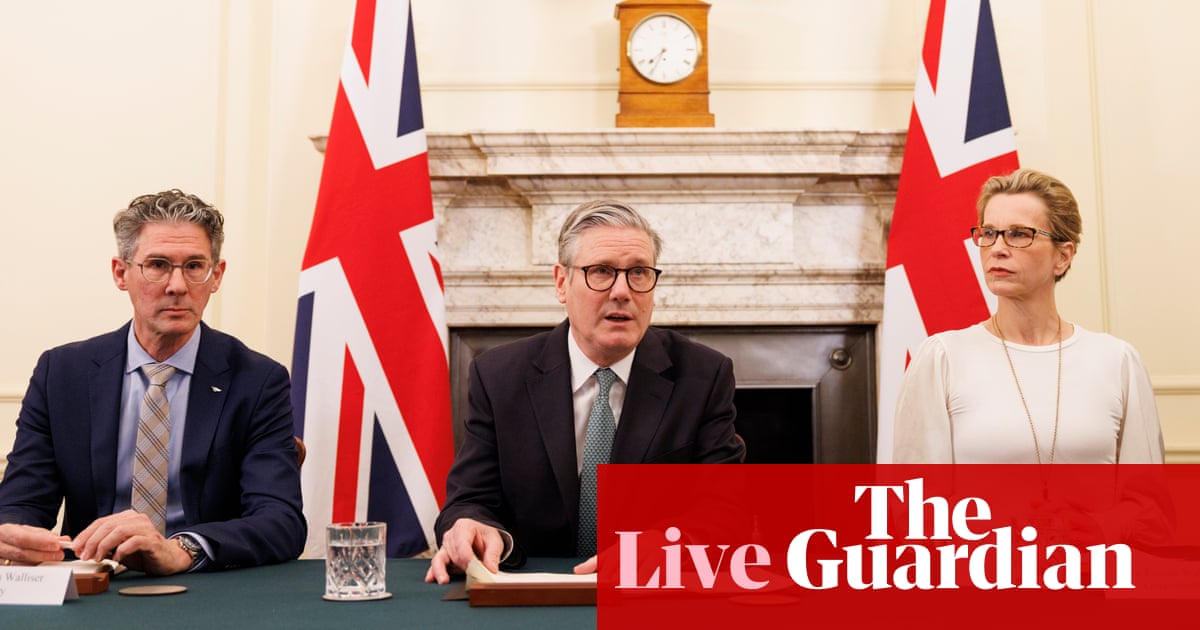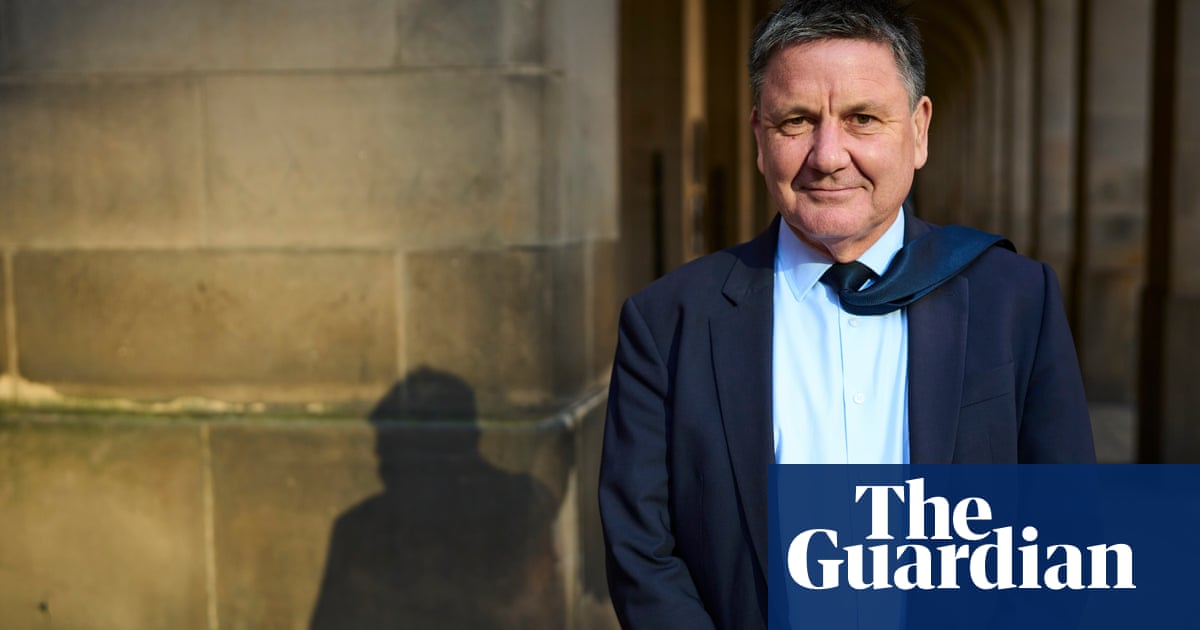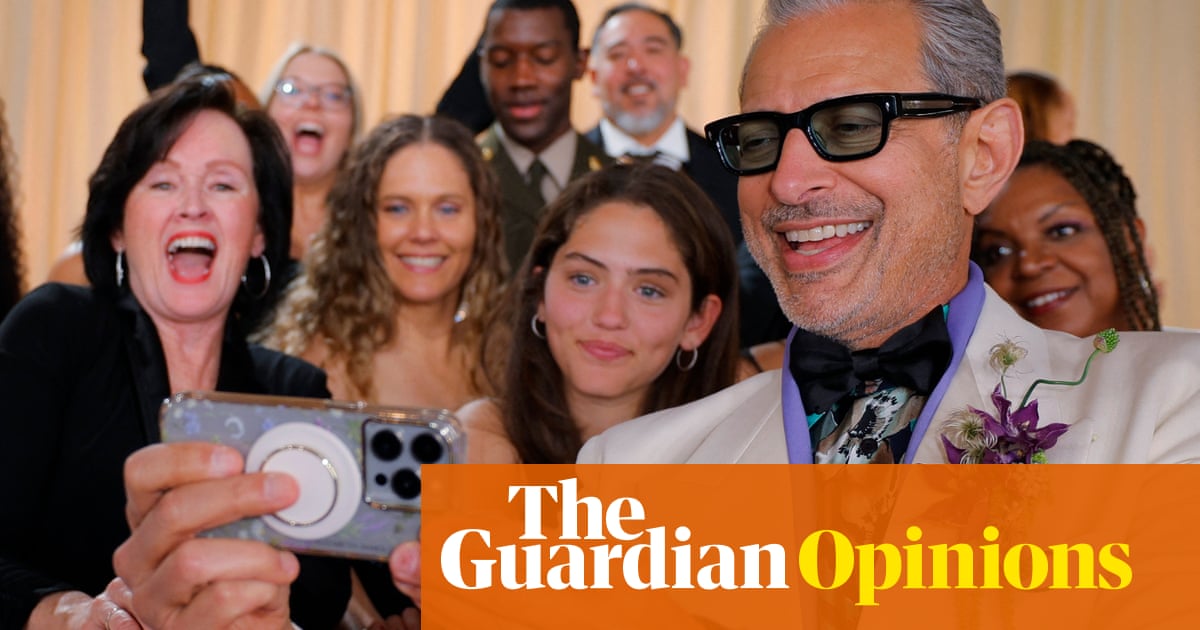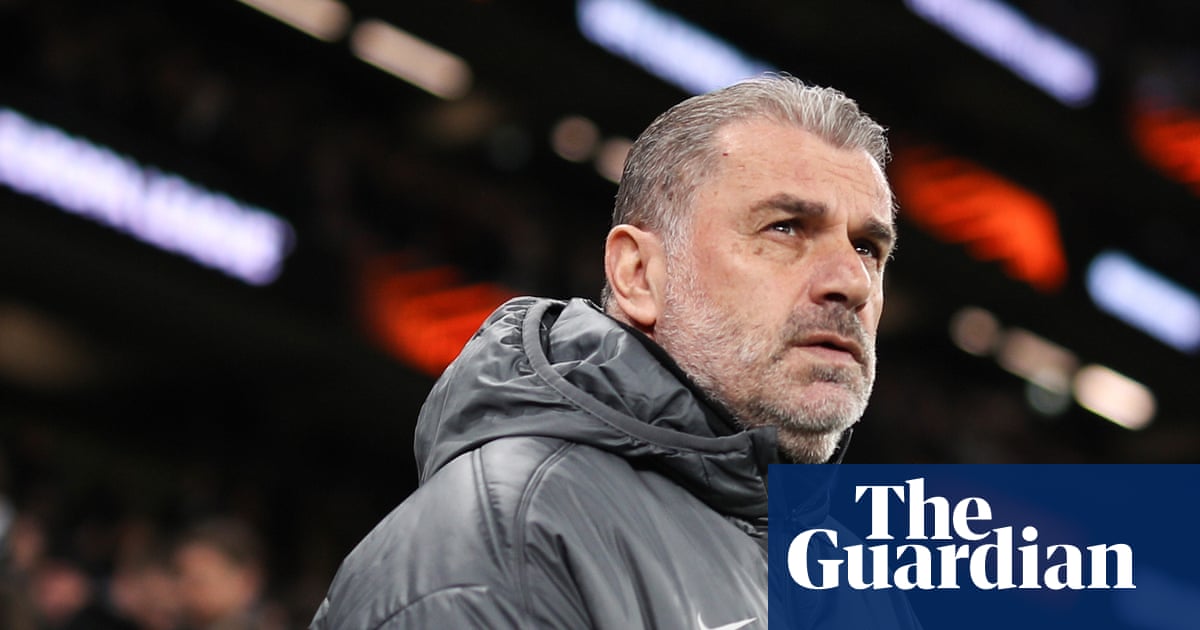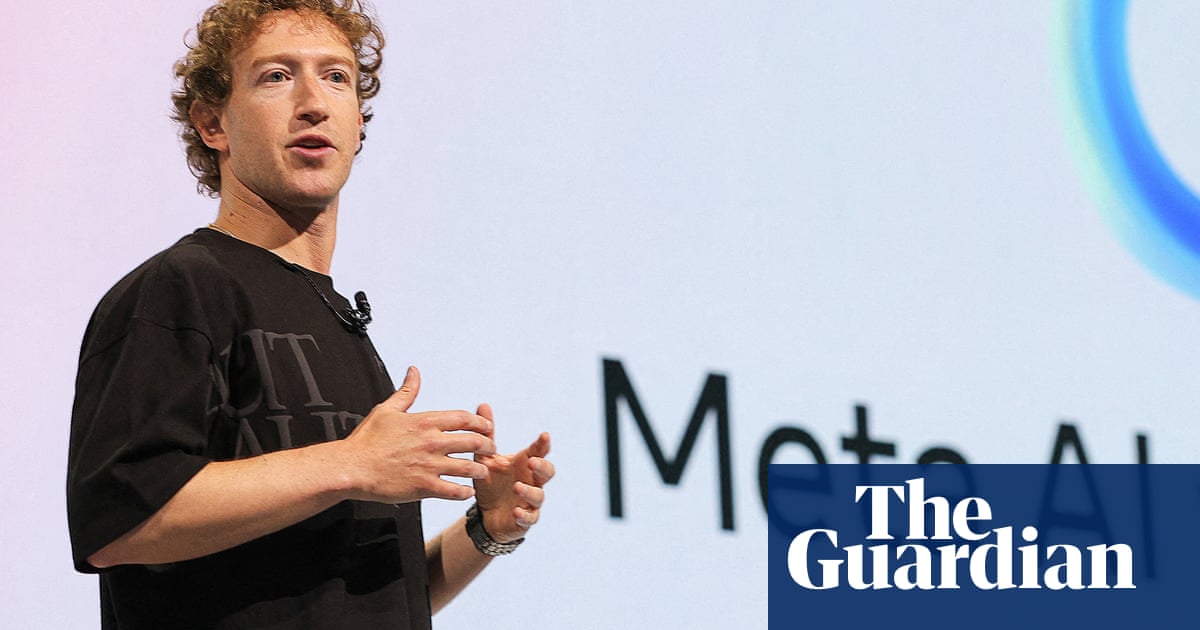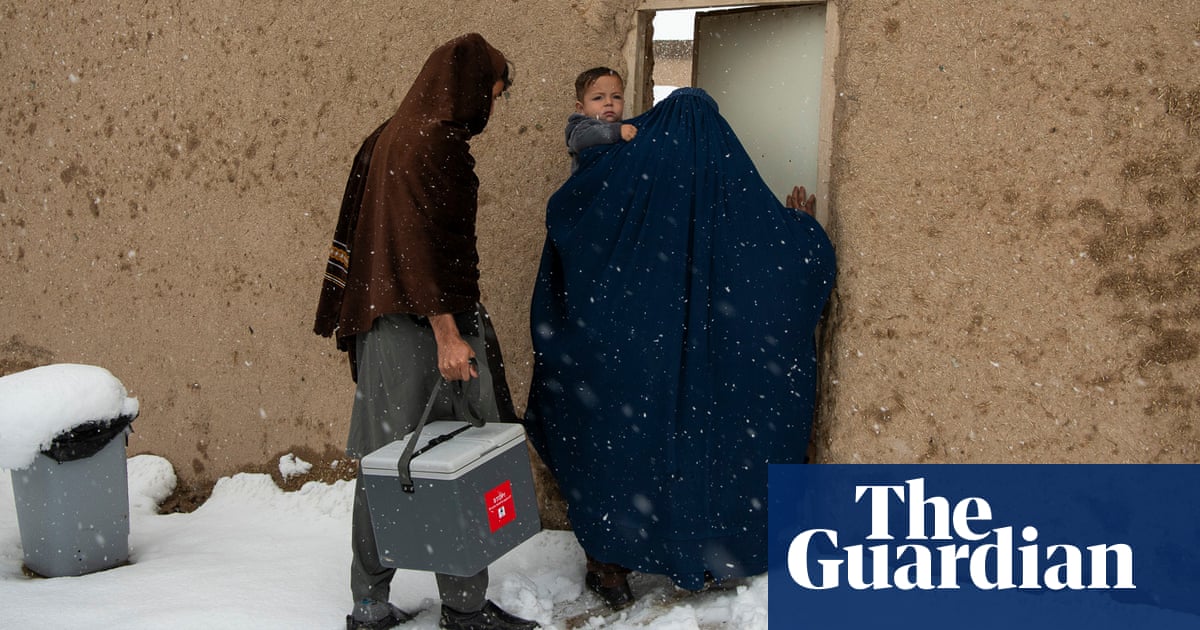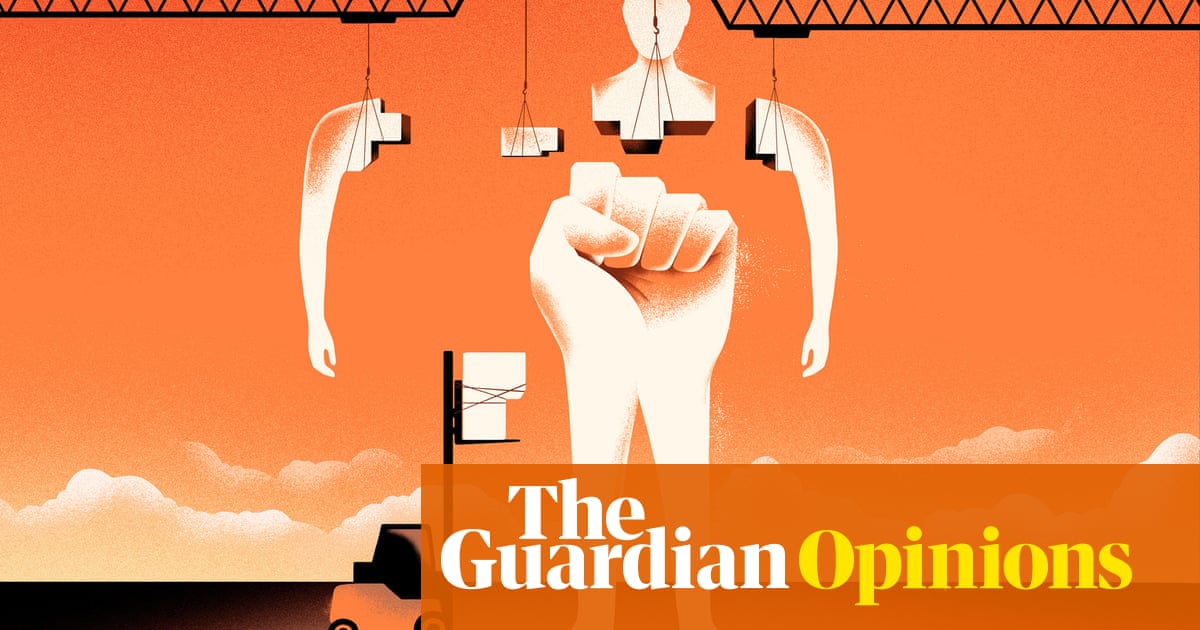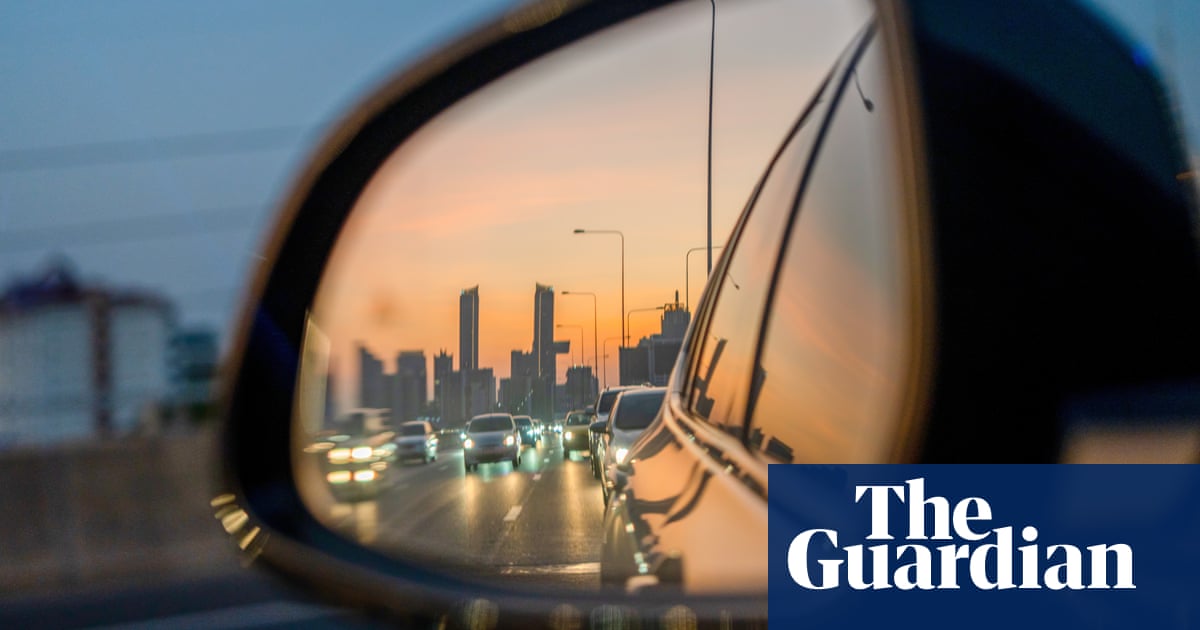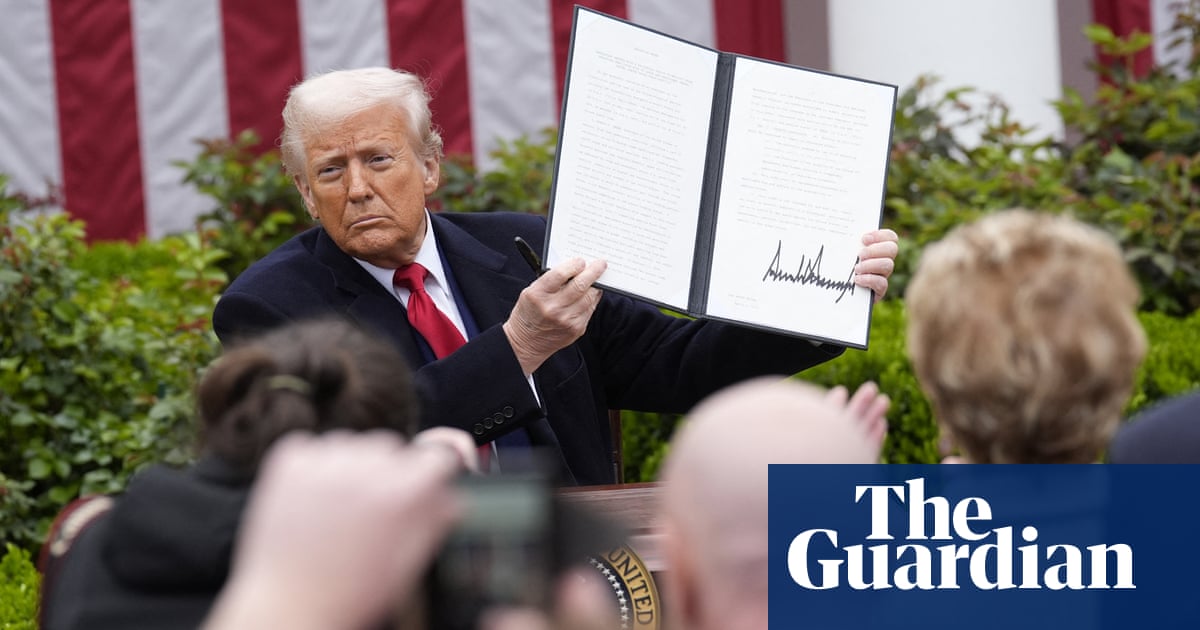It is 1943, and Maj Paddy Mayne is about to find himself in charge of the Special Air Services, soon to be renamed the Special Raiding Squadron, as they push on to Europe. But first, he must smash up a hotel bar in Cairo. Then instigate a massive brawl with the officers sent to subdue him. Then go to prison – all to the soundtrack of Rip It Up by American punk band The Adolescents, a song which came out in 1979. Welcome to series two of SAS Rogue Heroes, where the drink is flowing, the music is loud, and the chaos of the second world war is about to explode on to the shores of Sicily.
Now that Connor Swindell’s Lt Col David Stirling is a prisoner of war, it’s time for the headstrong, bloodthirsty, Blake-quoting, art-loving Mayne – played by Jack O’Connell – to rise to the top. What does O’Connell make of his character’s leadership qualities? “It’s quite an interesting predicament, in that he’s not … a bureaucrat,” says the actor, who plays Mayne with an intensity which makes Cocaine Bear look like Winnie the Pooh. “He’s a leader with respect to his actions on the battlefield, but his behaviour, on a more personal scale, would be quite questionable. If you were to employ him, you know – it’d be a difficult appointment to make.” As he says this, O’Connell sounds undeniably fond.
When SAS Rogue Heroes roared on to our screens in 2022, it was clear that it was going to be more combat rock than elegy for the dead. In the hands of Peaky Blinders creator Steven Knight, the series told the origins story of the SAS, and the brave and bold men who were there at the beginning. For all its violence and “harnessed madness”, as O’Connell puts it, it possesses a surprisingly robust and persistent sense of humour. “I can almost hear Steven Knight in my head, saying that there can be tremendous hilarity within this type of abject adversity, because it was one of the coping mechanisms,” says O’Connell. “I think it’s right to depict that. We’re not painting a picture where the characters are hypersensitive to their surroundings. If anything, for survival, they’re doing their damnedest to grow accustomed to it.”
Series one depicted the north African campaign, and was filmed in Morocco and the Saharan desert, while series two moves on to the allied invasion and conquest of Italy, most of which was filmed in Croatia. Which did O’Connell prefer? “I think we were all quite trauma-bonded in the desert. They are special memories,” he says, drily. Does he ever look at Dominic West, who plays Col Dudley Clarke, a character who mostly swans around beautifully recreated 1940s pubs and ballrooms, and think, I’ve got the wrong part? “I’d be lying if I said no,” he laughs. “But that’s what’s great about the story ... You’ve got the high brass, and the almost glamorous nature of that role, offset with the fellas on the ground having to roll their sleeves up. I think it is wonderfully telling on the overall mechanics of that war.” Does he enjoy rolling his sleeves up himself? “More so when I was younger, when I was a bit more nimble.” If he wanted to do Celebrity SAS: Who Dares Wins, he’d have an unfair advantage. “Ha. It’s key to remember that we only have to look the part,” he says.

The Rogue Heroes of the SAS were real men. Knight explains that he needed actors who possessed “the ability to be bigger. You know, it’s a big situation. I might be wrong, but had there not been a war, quite a proportion of these real people who formed the SAS would have been in trouble. They would not have fitted in. I don’t know what they would have done.” He wrote a line for the series, about how the war selects its own. “And we needed actors who probably are a bit like that, as well.”
When Knight was researching and writing Rogue Heroes, he sat down with the late Mike Sadler, one of the original members of the SAS. “He was 99 and completely blind,” recalls the Peaky Blinders creator. “He said, ‘we attacked the Italian line, and they opened fire with machine guns and mortars and hand grenades. It wasn’t ideal.’” Knight laughs. “Not that it was terrifying, just that it ‘wasn’t ideal’. Keeping that lid on was their way of doing things. And who’s to say their way of dealing with it didn’t work?” Knight’s own father was in the Eighth Army, and served in north Africa. “When I was a kid, I remember asking, what was it like? He said, oh, we used to play cowboys and Indians. That was all he said. And then I found out that he won loads of medals for bravery.” That’s where the humour comes in. “What I’ve tried to do is reflect the way that men then didn’t show any emotion, and, if necessary, made a joke. Not just if necessary, if possible,” he says.
There is a personal attachment to the story for Sofia Boutella, too, who plays the glamorous Eve Mansour, deputy head of French intelligence, whom we meet first in Cairo. She is one of the show’s only fictional characters, and one of its few women. Mansour was originally written as French, but Boutella suggested a subtle change to series one director Tom Shankland. “I told him, I’m Algerian. What if we make her Algerian? Because it really resonates, historically speaking. A lot of Algerian people were involved in the war very heavily. He was game for that, which was really nice for me.” While Mansour is inspired by several real people, from Josephine Baker to Irène Joliot-Curie, the daughter of Marie Curie, Boutella also drew on the life of her own grandmother – who helped pass information to her husband, a colonel involved in the liberation of Algeria – who became a diplomat. “I grew up with my family telling me that my grandmother basically was a spy,” she says.

Mansour sees action during series two, which is a big shift. “These were her instructions directly from General de Gaulle,” says Boutella. “Her father taught her to shoot, and to kill with cutlery, if it needs be. So she will do it, no matter what.” While the men are all covered in the filth and grime of combat, Mansour remains impeccably turned out at all times. “Because women at the time had to play their sexuality and their assets. My grandmother was decked out, no matter what,” she says. “We’ve been fighting for so long to be respected for our brains, for our intelligence and our wit and not just our looks, but at the time, it was looks first.” She refers to her cast mates as “my little brothers”, and they remain close; two of them have just been to stay with her in Los Angeles. “In season one, I was always coming up with activities and taking care of them, and I always had a plan. They started calling me ‘mom’,” she laughs.
For all of the series’ brash and ballsy humour, writing about war is a tricky business. There is an inevitable need for many of its beloved characters to die. “What I’ve done is stick to the timetable of death, if you like,” says Knight. “In reality, the second most important character’s gone in the third episode [of series one]. It makes you look clever, because people are like, oh my God, they killed him. Well, we haven’t killed him. That’s what happened.” Then there’s the fact that real events are messy and often refuse to follow the rules. “Depicting war in general is difficult because it’s just chaos, really. And it only makes sense retrospectively, when a historian looks at what happened, and it’s as if whatever happened was inevitable. But of course, it wasn’t, and anything could happen, particularly in Italy, particularly the SAS.” This made it difficult to choose what to include, and what to leave out.
after newsletter promotion
On the other hand, Knight explains, the situation also offers unusual clarity. “In the second world war, there was good and there was bad. And we all know who was right and who was wrong. Once you’ve got that established, which you very rarely do in any drama, then you can allow your characters to push the envelope, as they’re doing bad things for a good reason.” This is SAS Rogue Heroes in a nutshell.
The series is based on Ben MacIntyre’s 2016 nonfiction book of the same name, which follows the unit right through to the end of the second world war. If series one tells the story of north Africa, and series two of Italy, there are still plenty more battles to be fought and won. Will SAS Rogue Heroes get viewers to VE Day? Knight won’t, or can’t, say. “But that’s the idea,” he smiles.
SAS Rogue Heroes series two is on BBC iPlayer from 6am on New Year’s Day, and airs on BBC One from 9pm that night.

.png) 3 months ago
24
3 months ago
24
